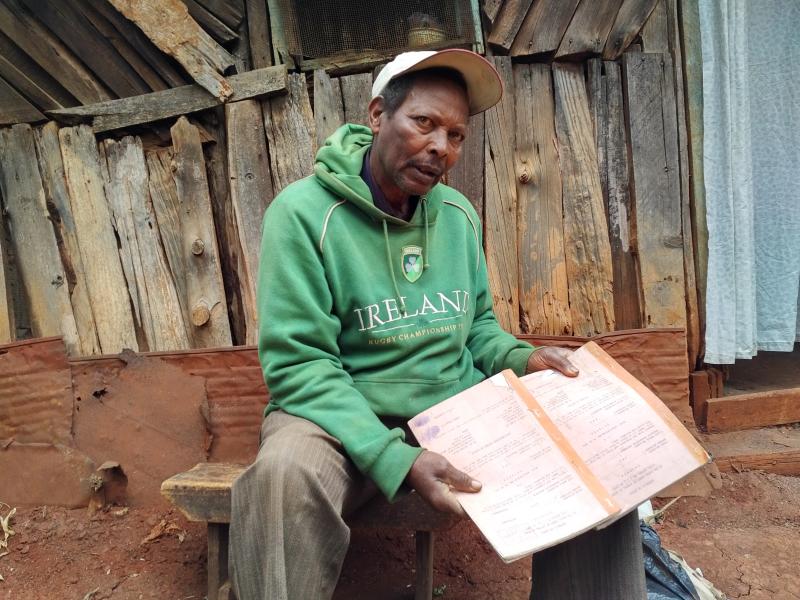×
The Standard e-Paper
Join Thousands Daily

Karago Ndirangu's father died in 1964. Soon after, a dispute over the sharing out of his property emerged - involving four widows and his siblings.
The tussle between Mr Karago and his step-siblings over the 30-acre parcel in Kangemi, Nyeri County, left by their their father, Ndirangu Wang'ombe, is now in the Court of Appeal after more than 40 years of shuttling between courts.